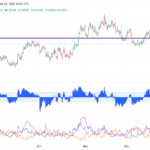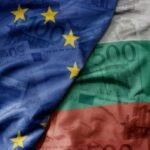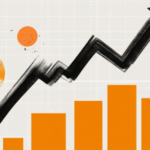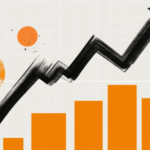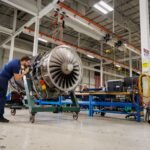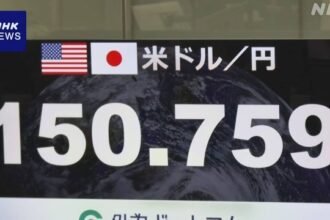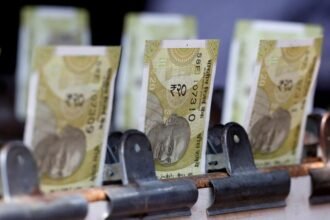Asian companies, particularly those in China, are undergoing a structural transformation in their supply chains, with many redirecting investments towards Europe amid a decoupling from the US, according to a senior banker at ING.
As Washington continues to negotiate with trade partners, companies active in the region – both local and international – recognised the need to diversify their supply chains, said Uday Sareen, CEO and head of wholesale banking for Asia-Pacific at the Dutch bank.
“We see a structural change in supply chain realignment,” he said in an interview, noting that ING had collaborated with over 700 international corporations and a similar number of Asian firms across various sectors in the Asia-Pacific region. “The US tariff scenario is a significant component of costs for manufacturers and the supply chain.”
Do you have questions about the biggest topics and trends from around the world? Get the answers with SCMP Knowledge, our new platform of curated content with explainers, FAQs, analyses and infographics brought to you by our award-winning team.
Chinese foreign direct investment (FDI) in the EU and UK jumped 47 per cent to €10 billion (US$11.7 billion) in 2024 from a year earlier – the first significant rebound in Chinese investment in Europe since 2016, according to research provider Rhodium Group’s China cross-border monitor.
The two markets’ share of total Chinese FDI last year rose to 19.1 per cent from 15.4 per cent in 2023. The US attracted less than €2 billion or 4 per cent of global Chinese outbound FDI in 2024.
Projects related to electric vehicles (EVs) led the tally in Europe, pulling in €4.9 billion, or 83 per cent of all Chinese greenfield FDI last year. Greenfield investment means building new business operations from scratch, rather than acquiring existing firms.
Among notable ongoing Chinese investments in Europe, Contemporary Amperex Technology, the world’s largest EV battery producer, is expected to begin production at its €7.3 billion factory in Hungary at the end of 2025. BYD’s first EU factory, in Hungary, is due to start production next year. The world’s largest EV maker is also building a plant in Turkey, taking advantage of the nation’s EU customs-union agreement.
Chinese makers of home appliances and consumer electronics have also made moves in Europe, with Haier’s takeover of Carrier’s Dutch refrigeration business division for €716 million and Midea’s sales in Europe rising.
(L to R) ING’s Uday Sareen, Asia-Pacific CEO, and James Poon Kai-leung, mainland China and Hong Kong country manager, pictured in Hong Kong on September 11, 2025. Photo: Jonathan Wong alt=(L to R) ING’s Uday Sareen, Asia-Pacific CEO, and James Poon Kai-leung, mainland China and Hong Kong country manager, pictured in Hong Kong on September 11, 2025. Photo: Jonathan Wong>




